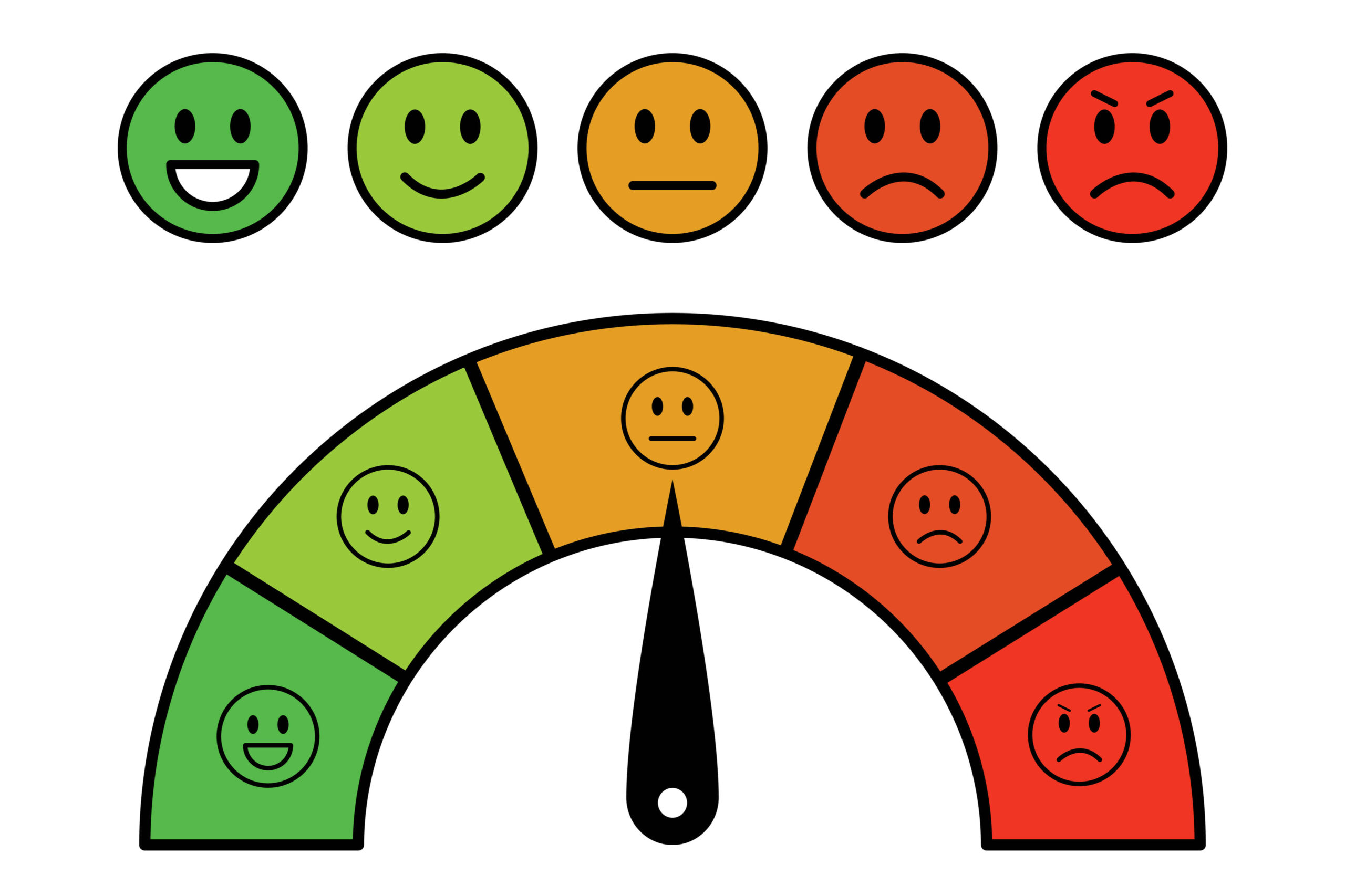A randomized experiment of the effects of food advertisements on food-related emotional expectancies in adults
Although there is little understanding of their causes, food-related emotional expectations impact food consumption. The purpose of the current study by Cummings, Hoover & Gearhardt (2023) was to experimentally investigate the impact of food advertisements on adults’ food-related emotional anticipations and to see whether effects varied according to individual levels of “food addiction” symptoms. Participants were randomly allocated to watch videos advertising highly processed foods, minimally processed foods, or both, or cellphones (control) (n = 718; Mage = 35.88, 36.8% with food addiction). The participants filled out questionnaires using the Anticipated Effects of Food Scale and an attentiveness test. Analysis of the results revealed that primary impacts had little significance. Watching video advertising for highly processed meals enhanced participants’ expectations, who initially had fewer symptoms of food addiction, that they would have happy feelings when consuming those items. Advertisements for highly processed foods may impact adults’ emotional expectations about food that they have no prior expectations. [NPID: Expectancy theory, food addiction, food advertisements, emotional expectancies]
Year: 2023
 Navigation
Navigation






